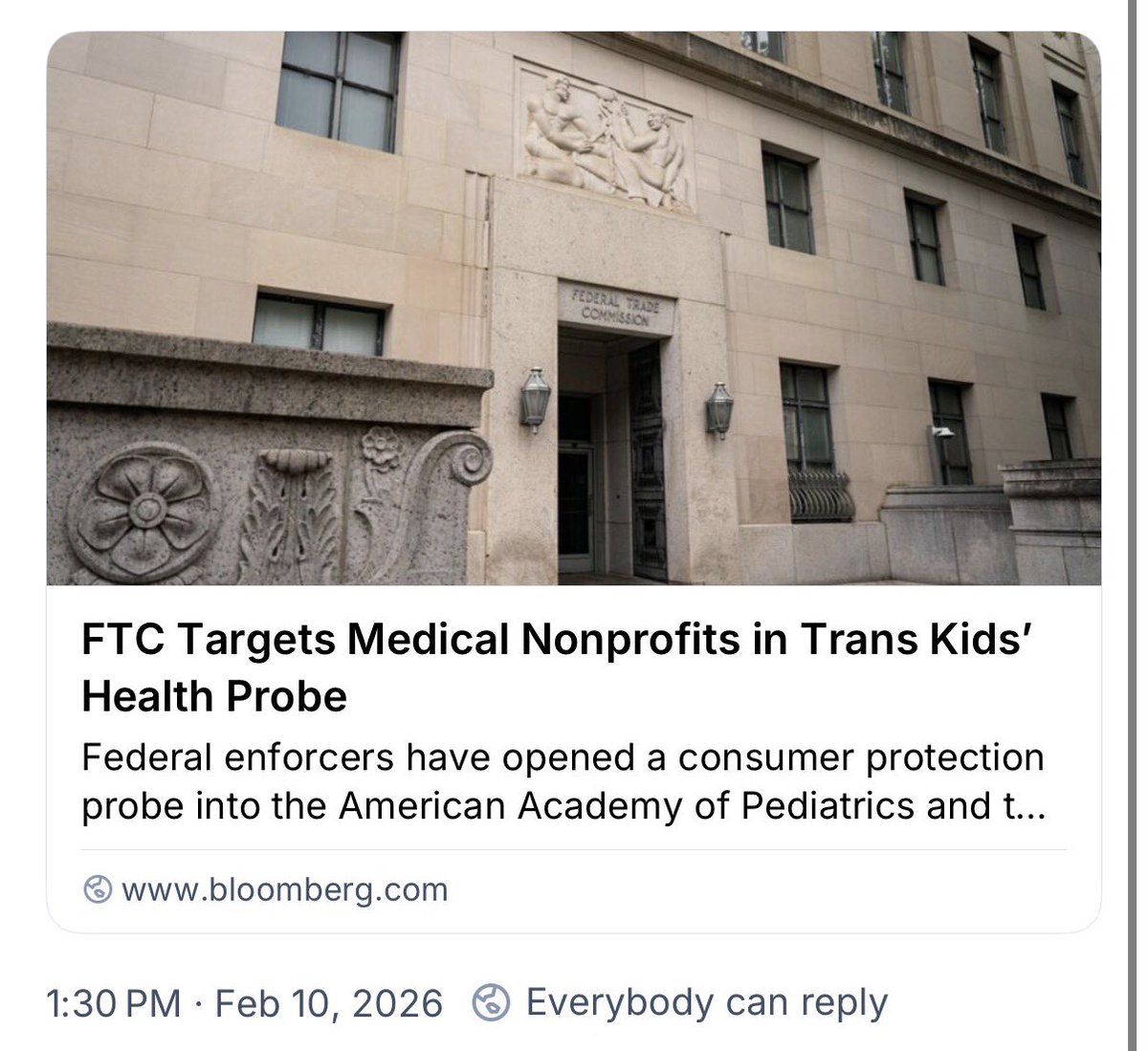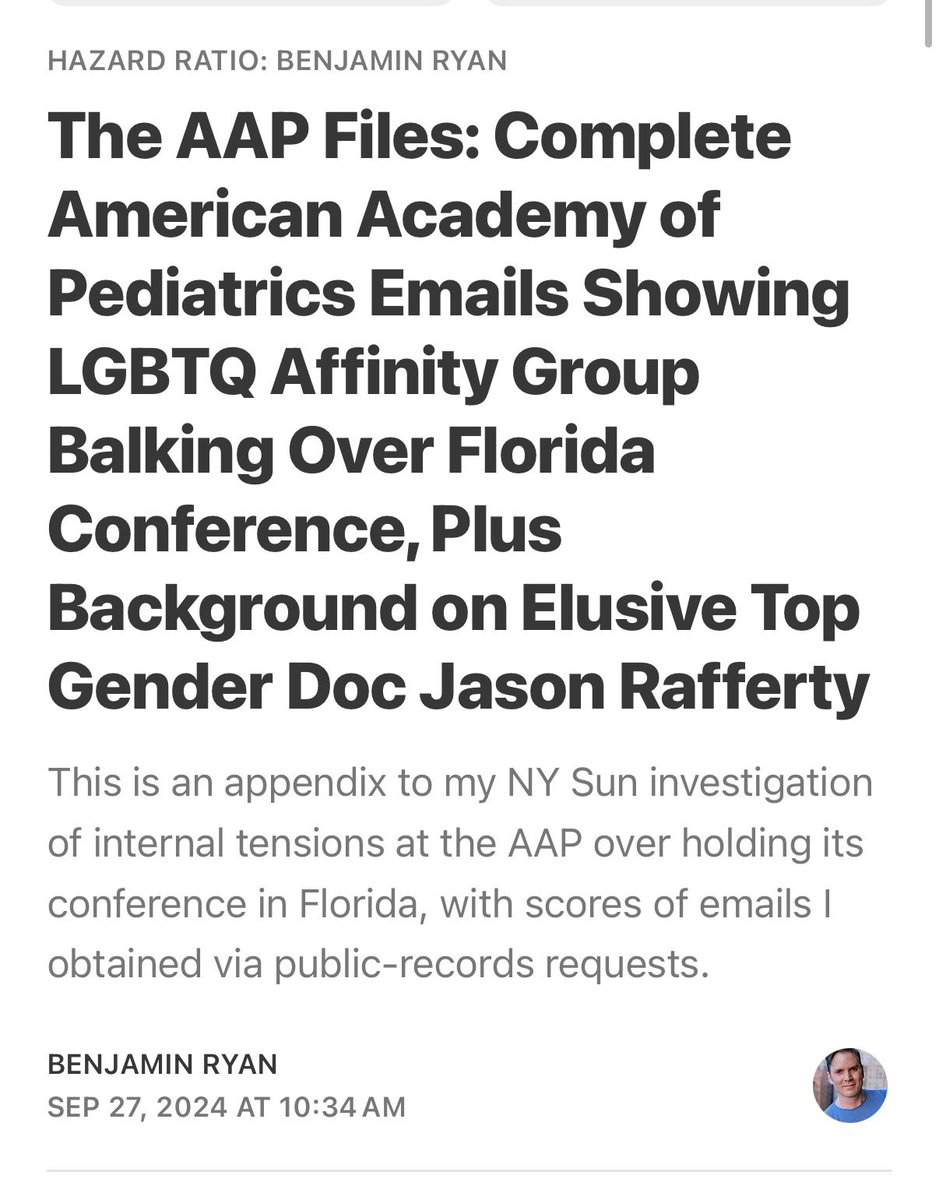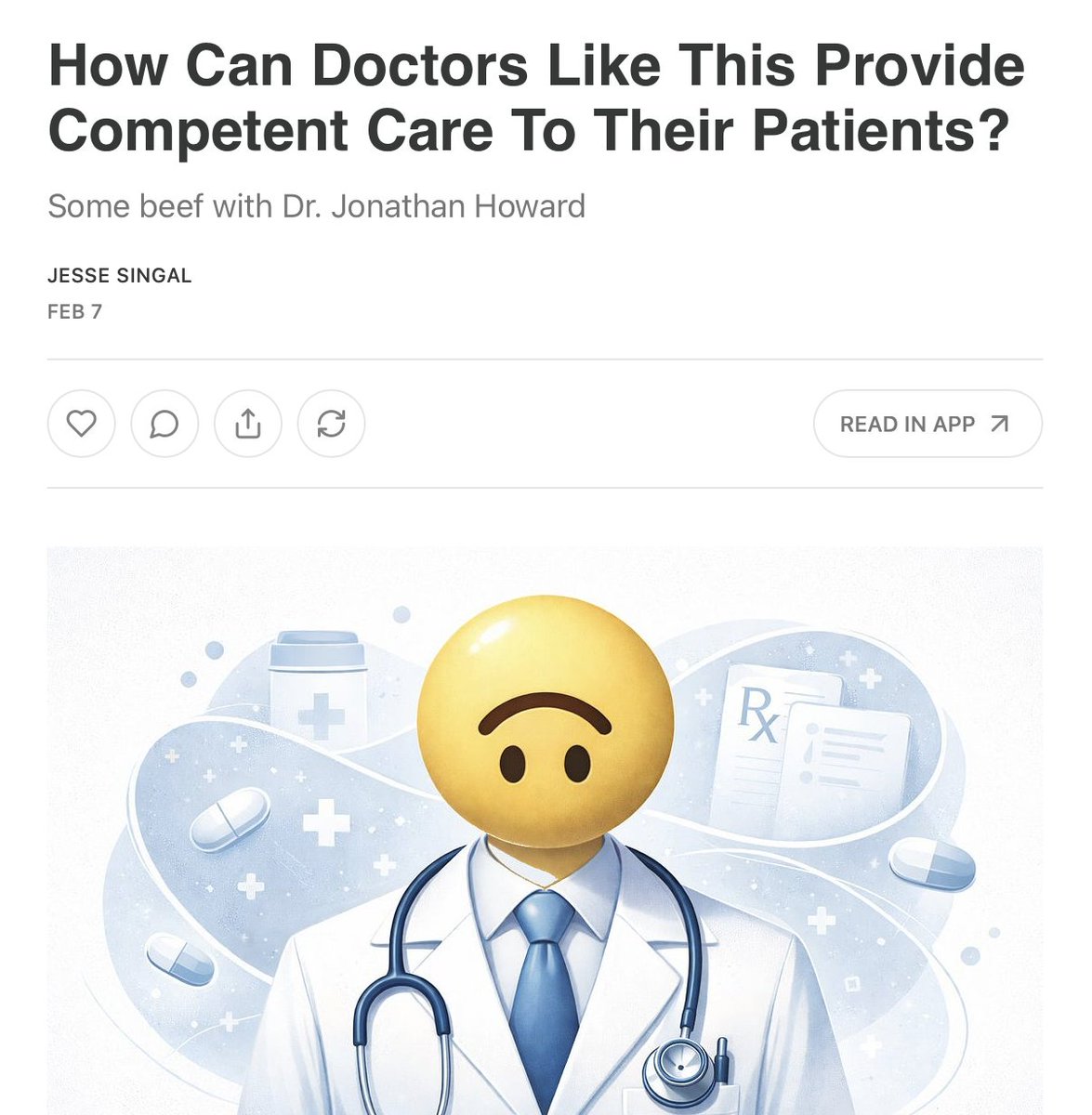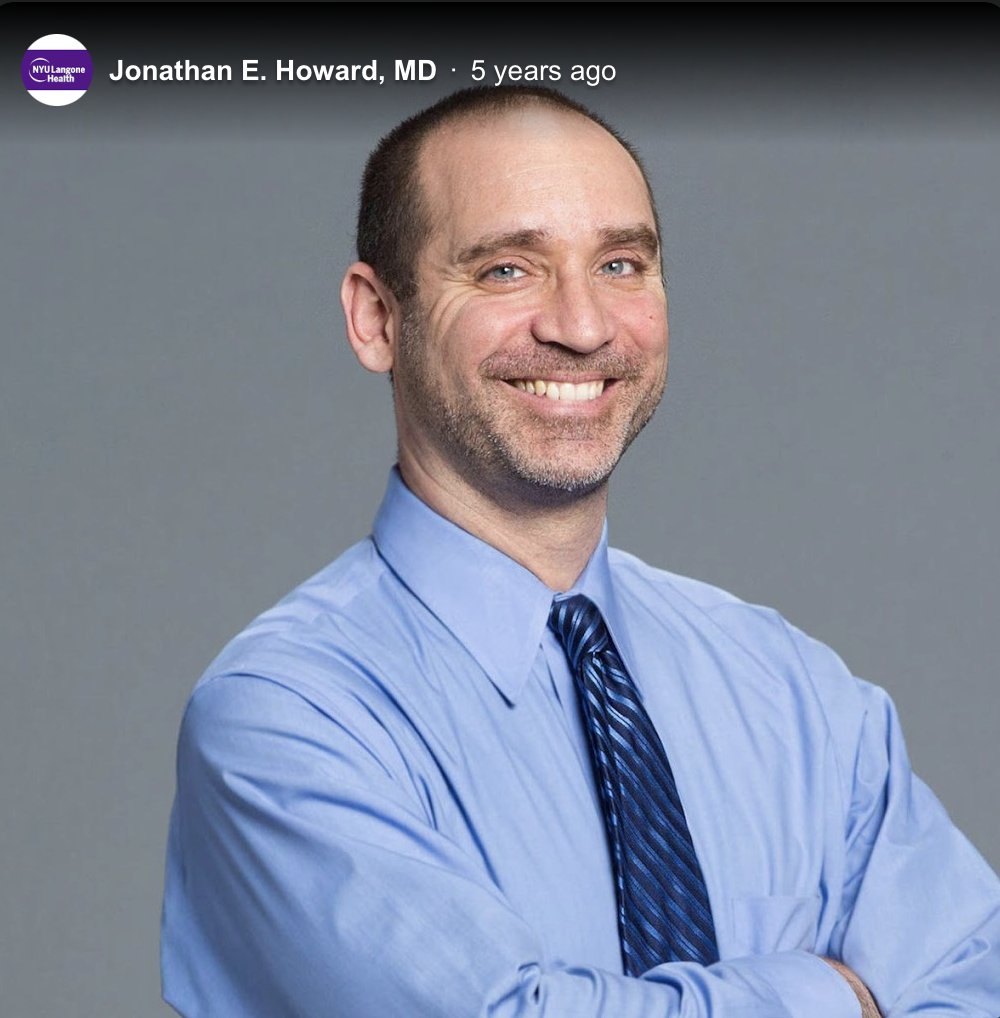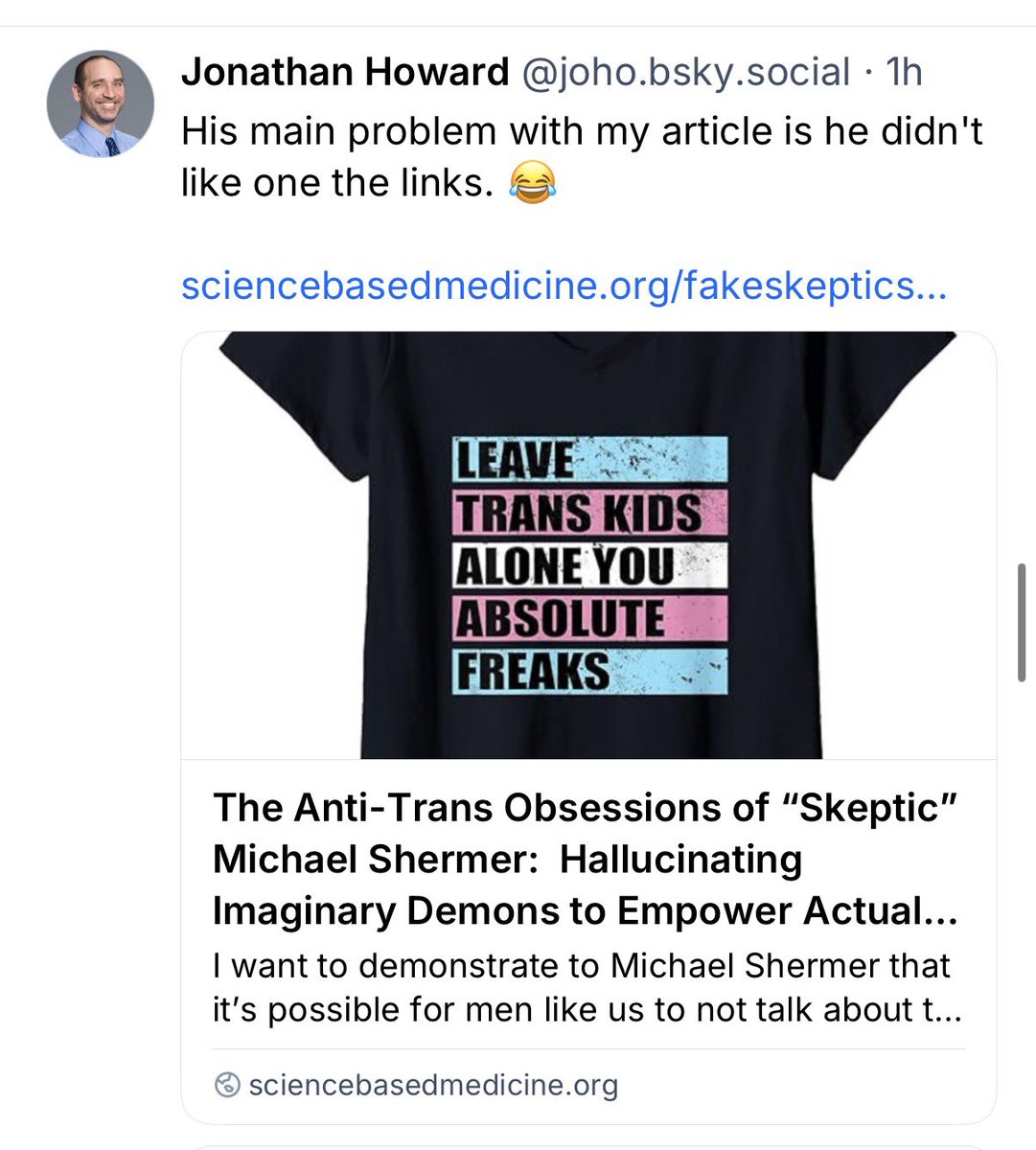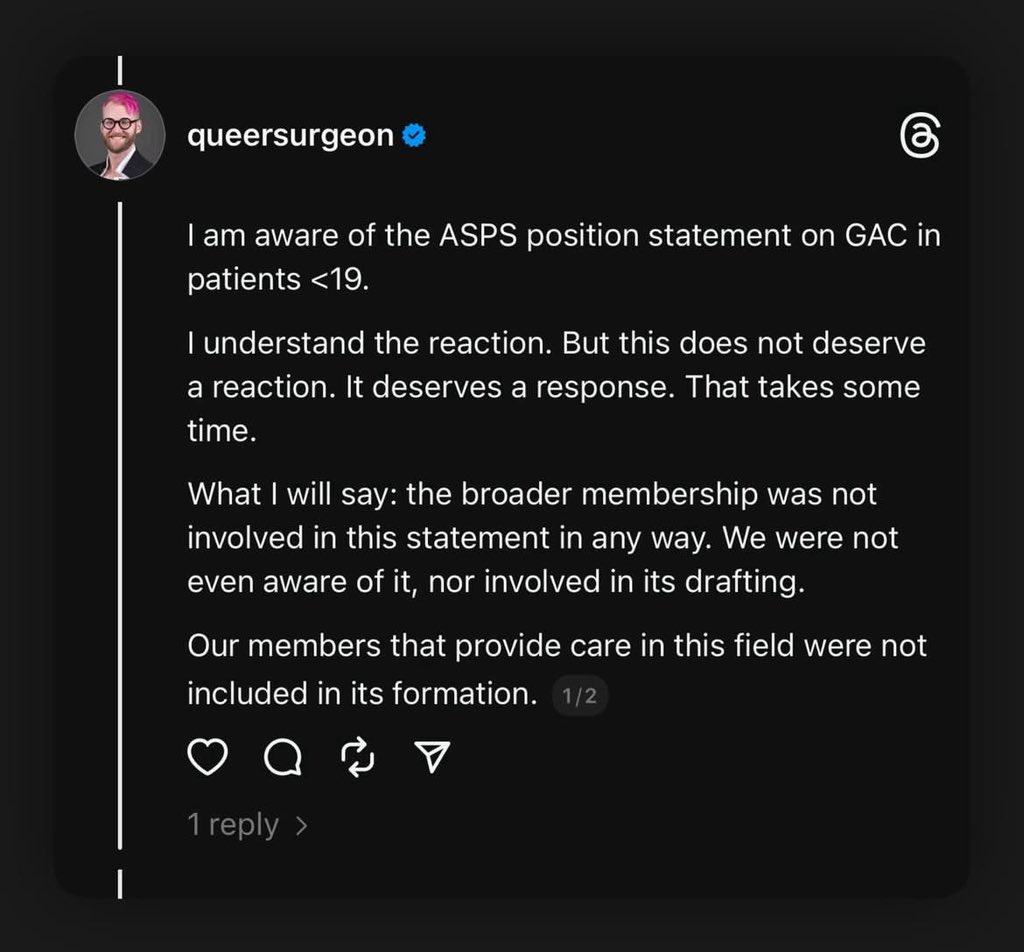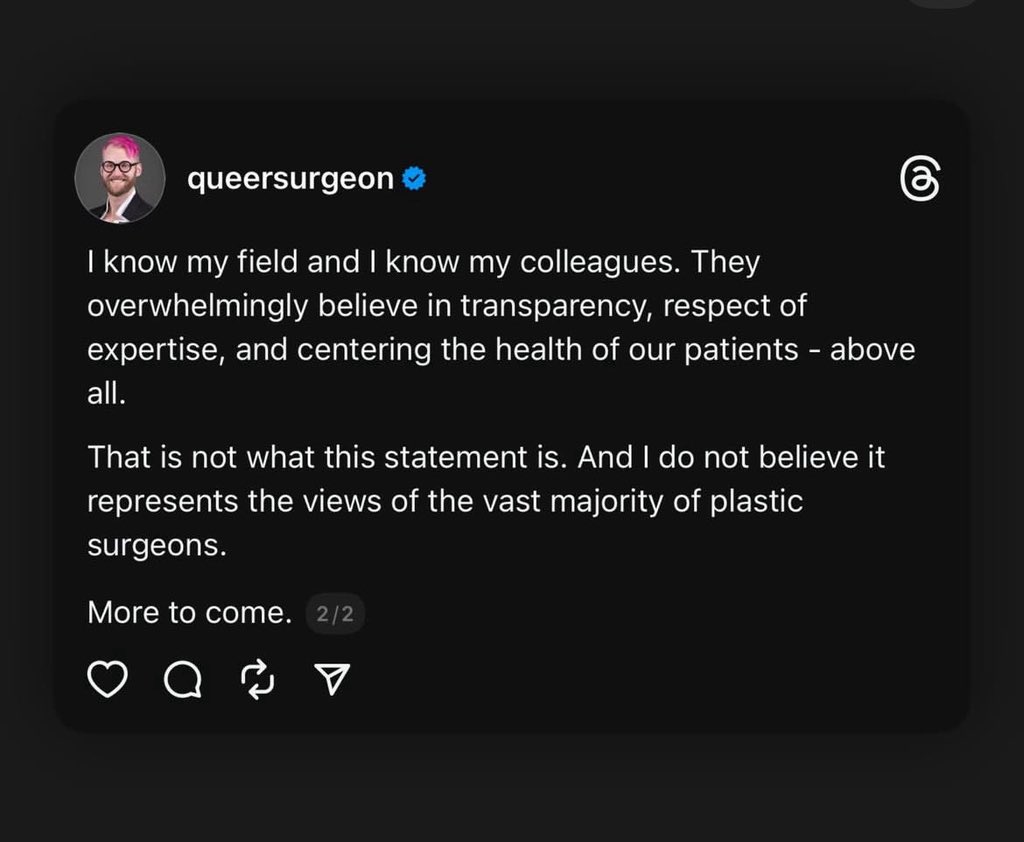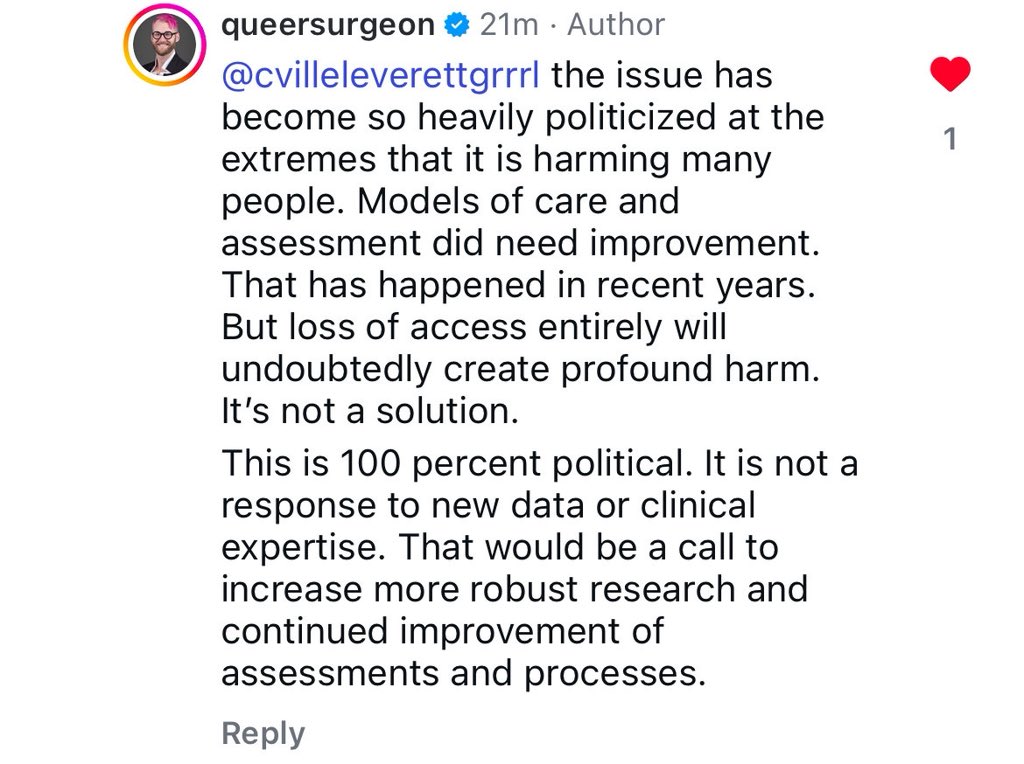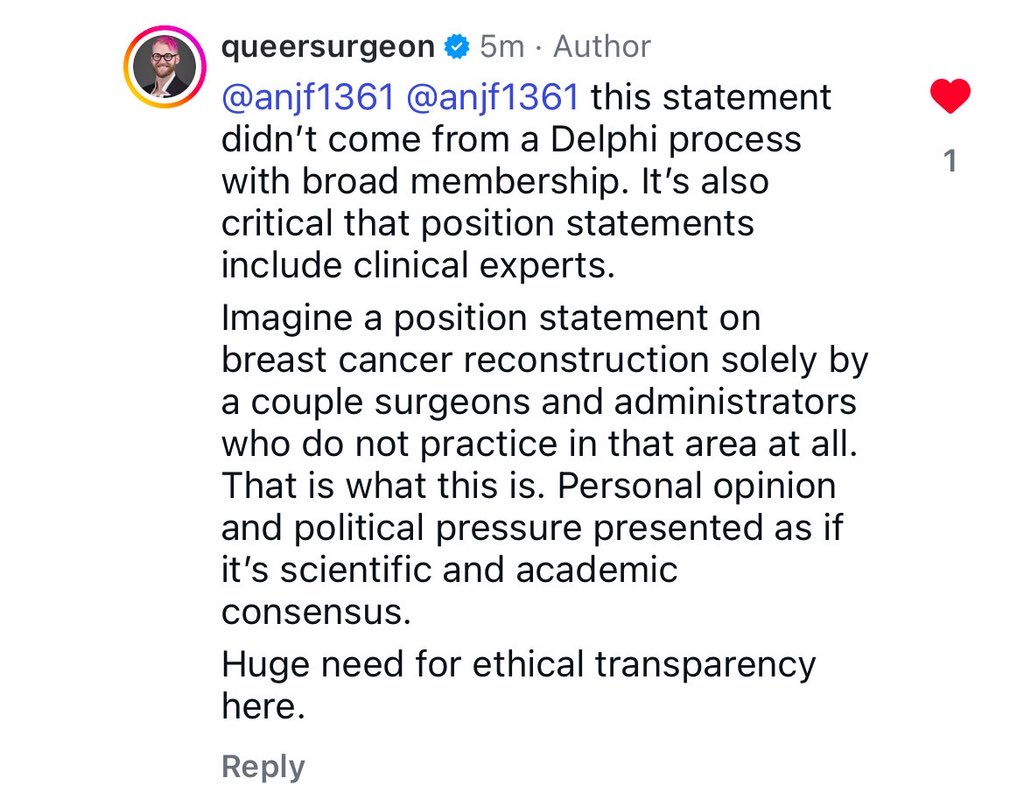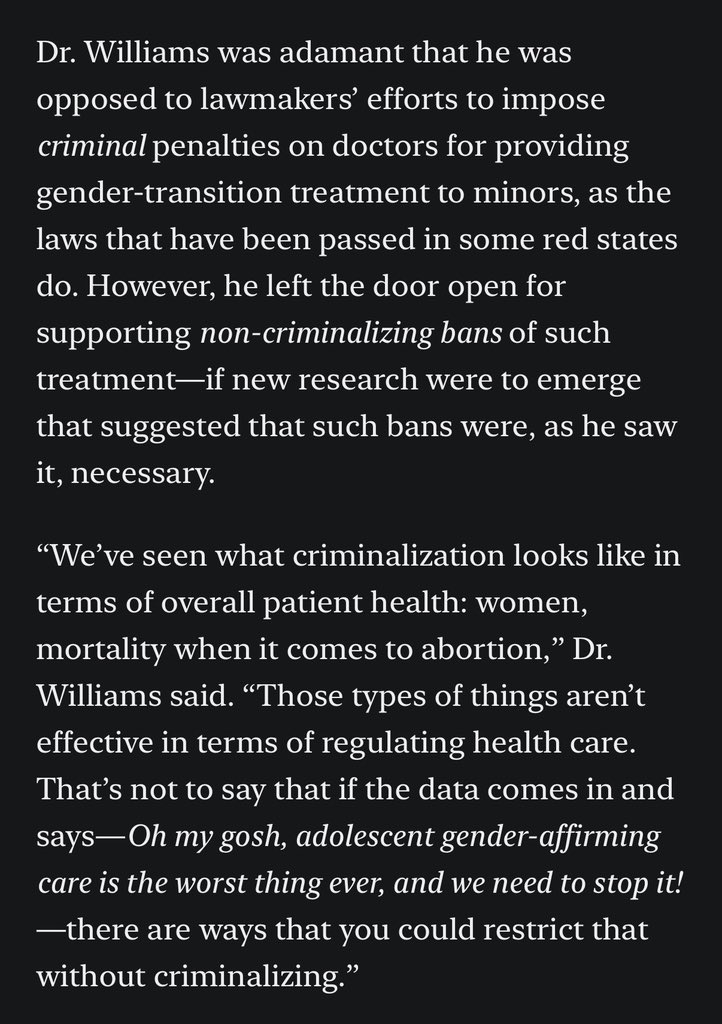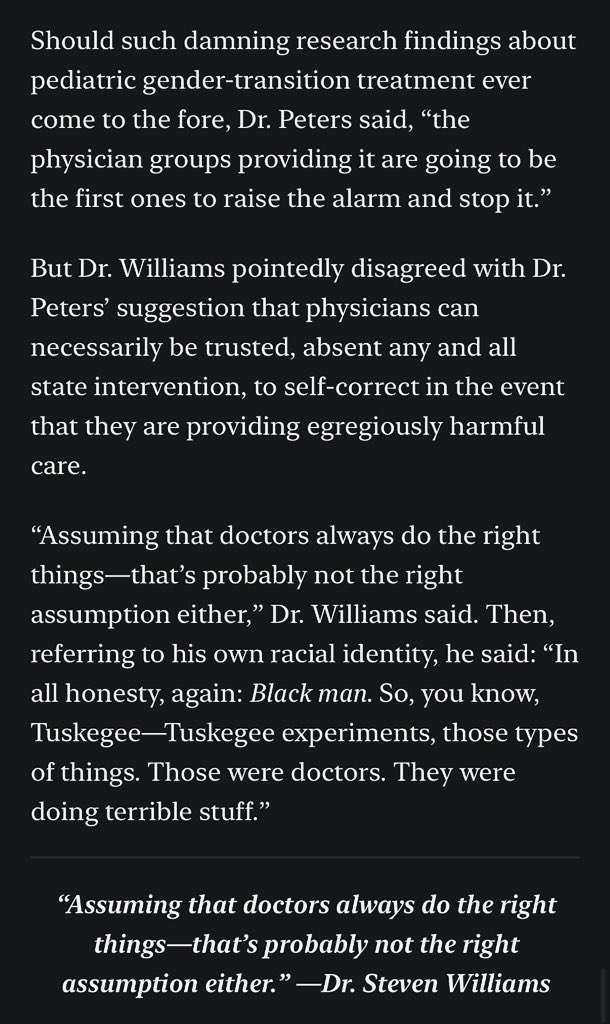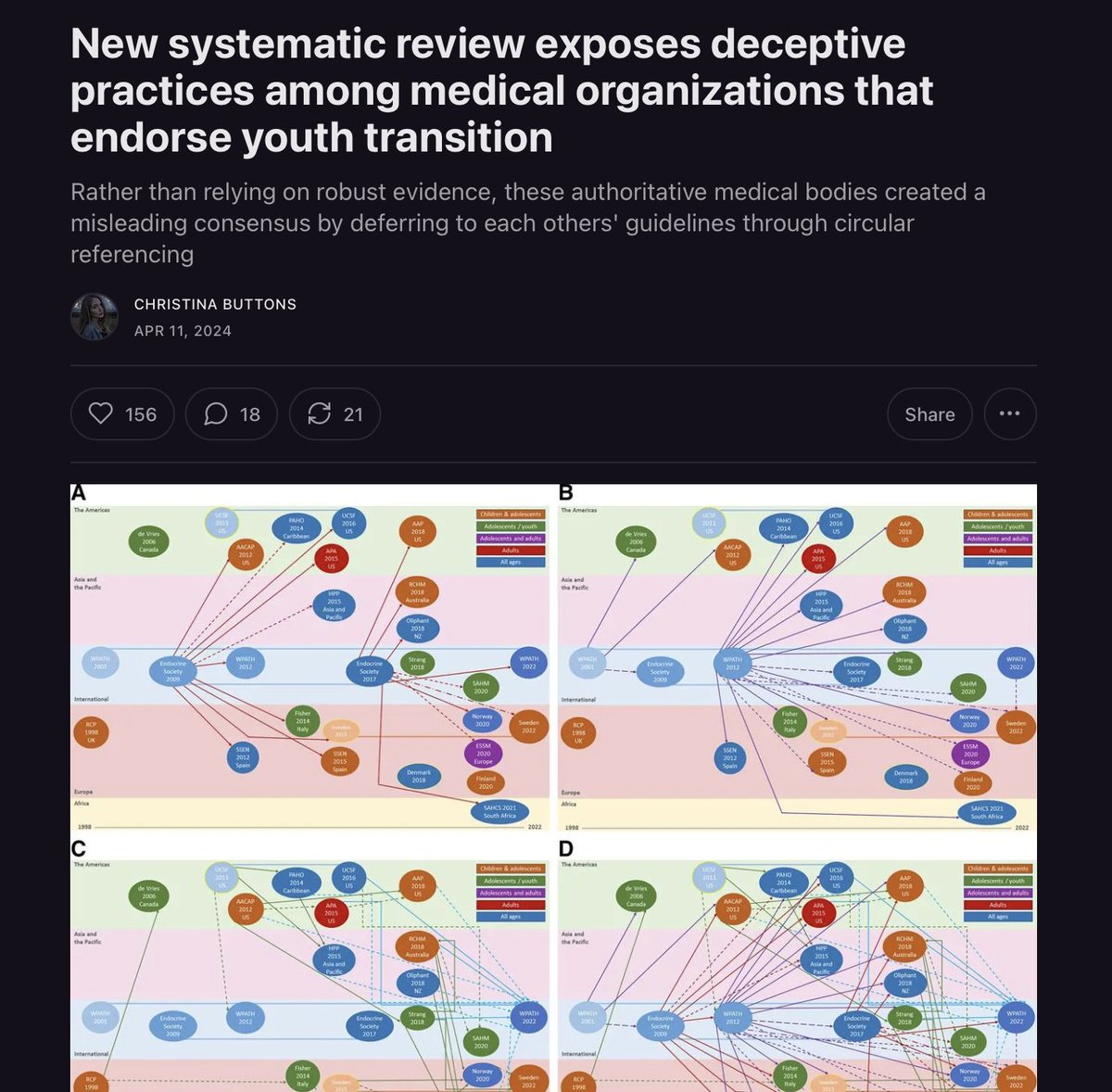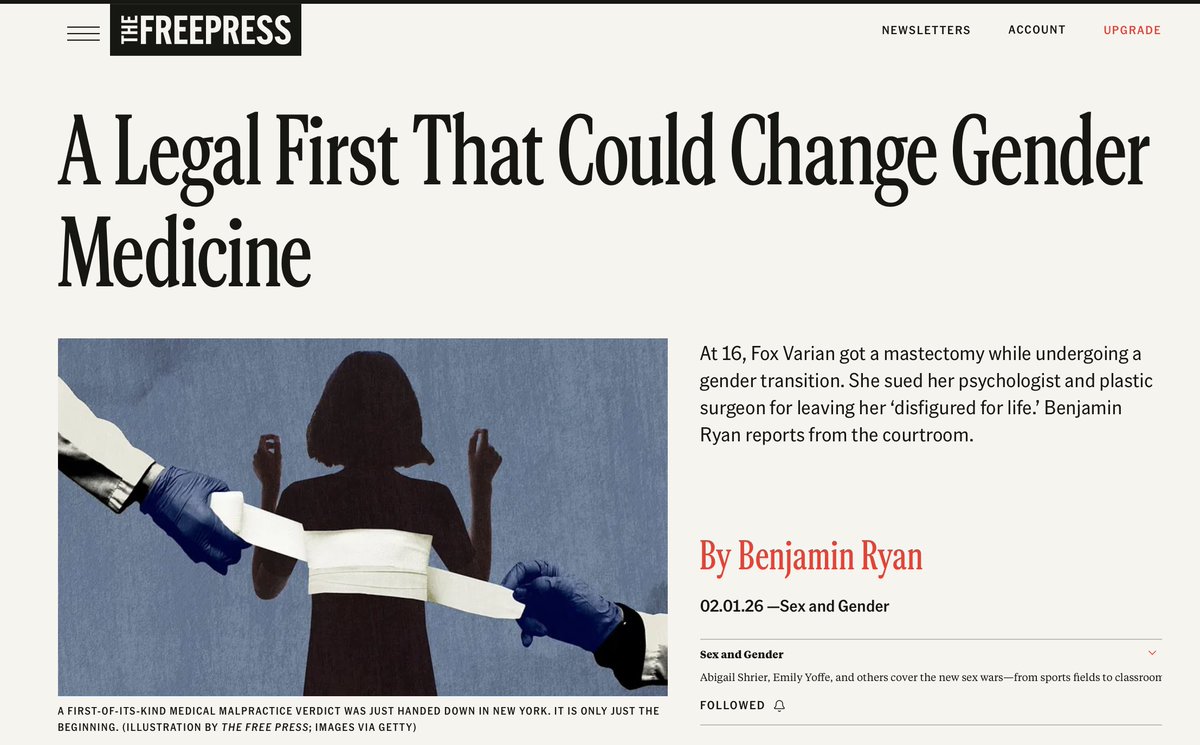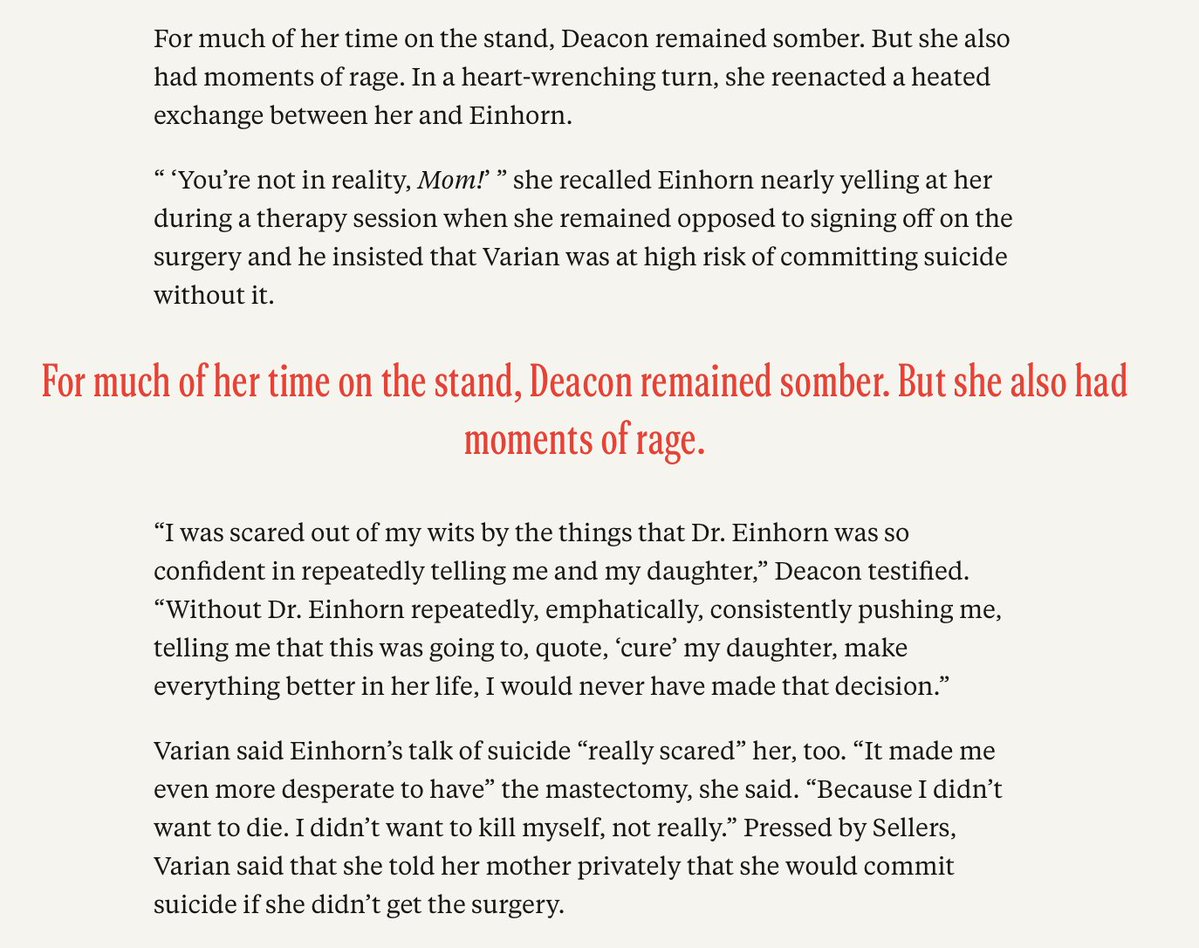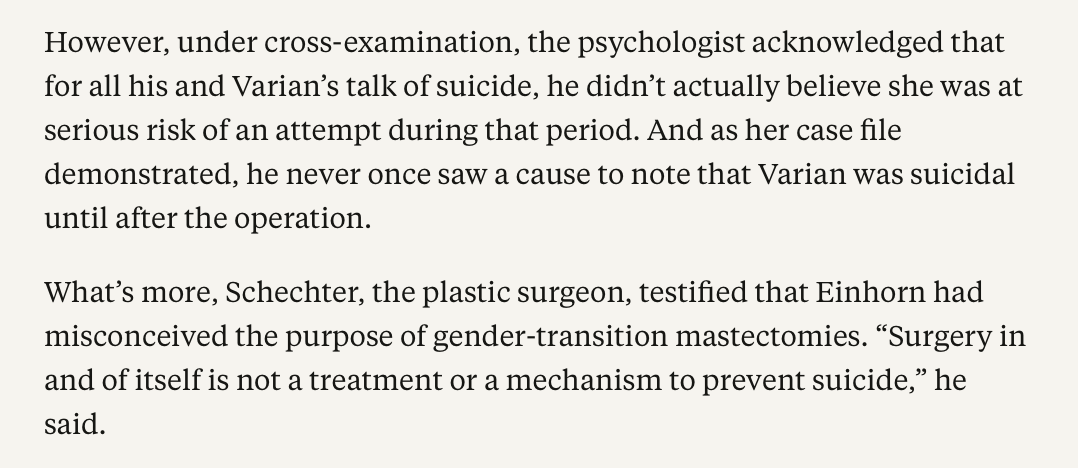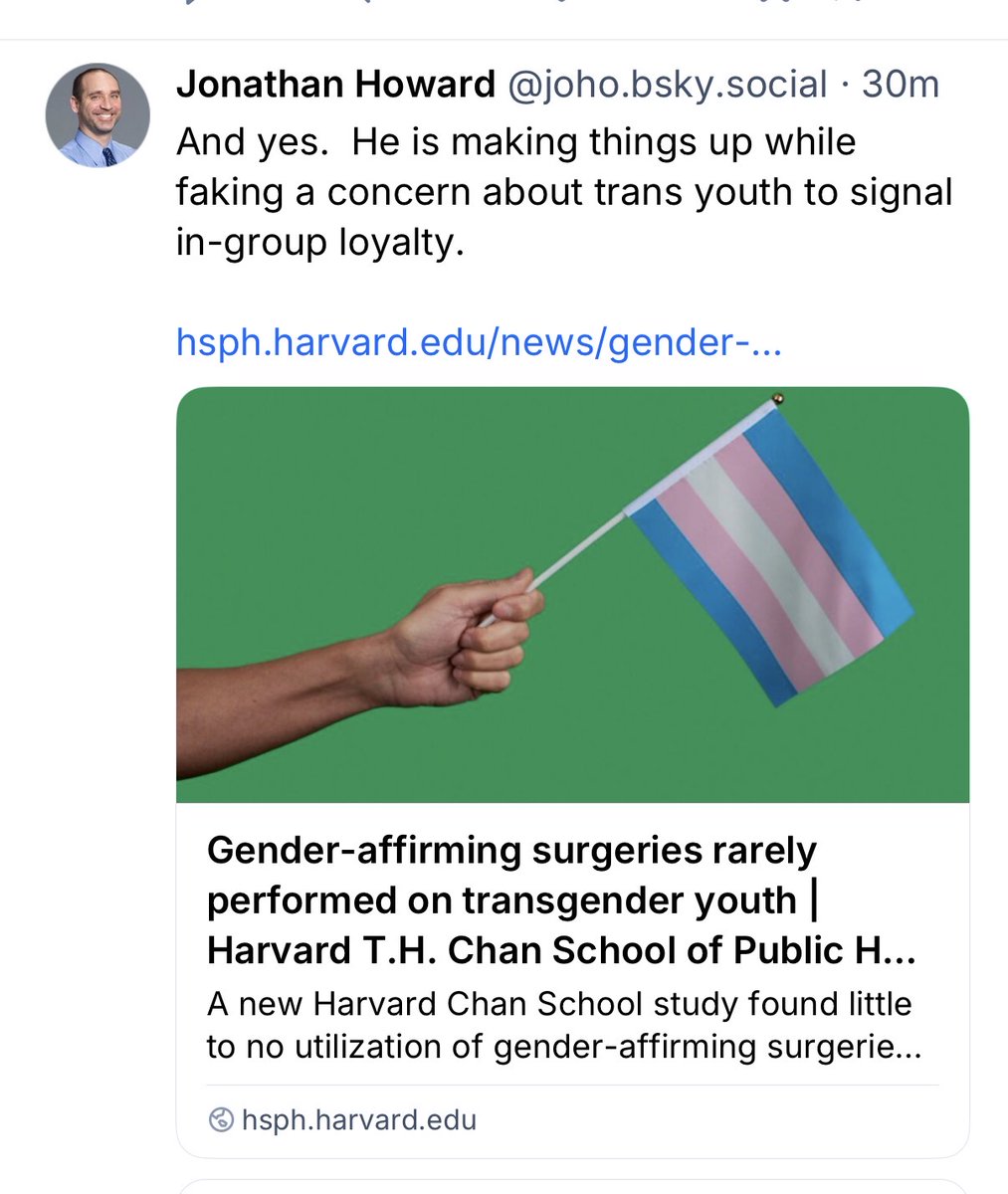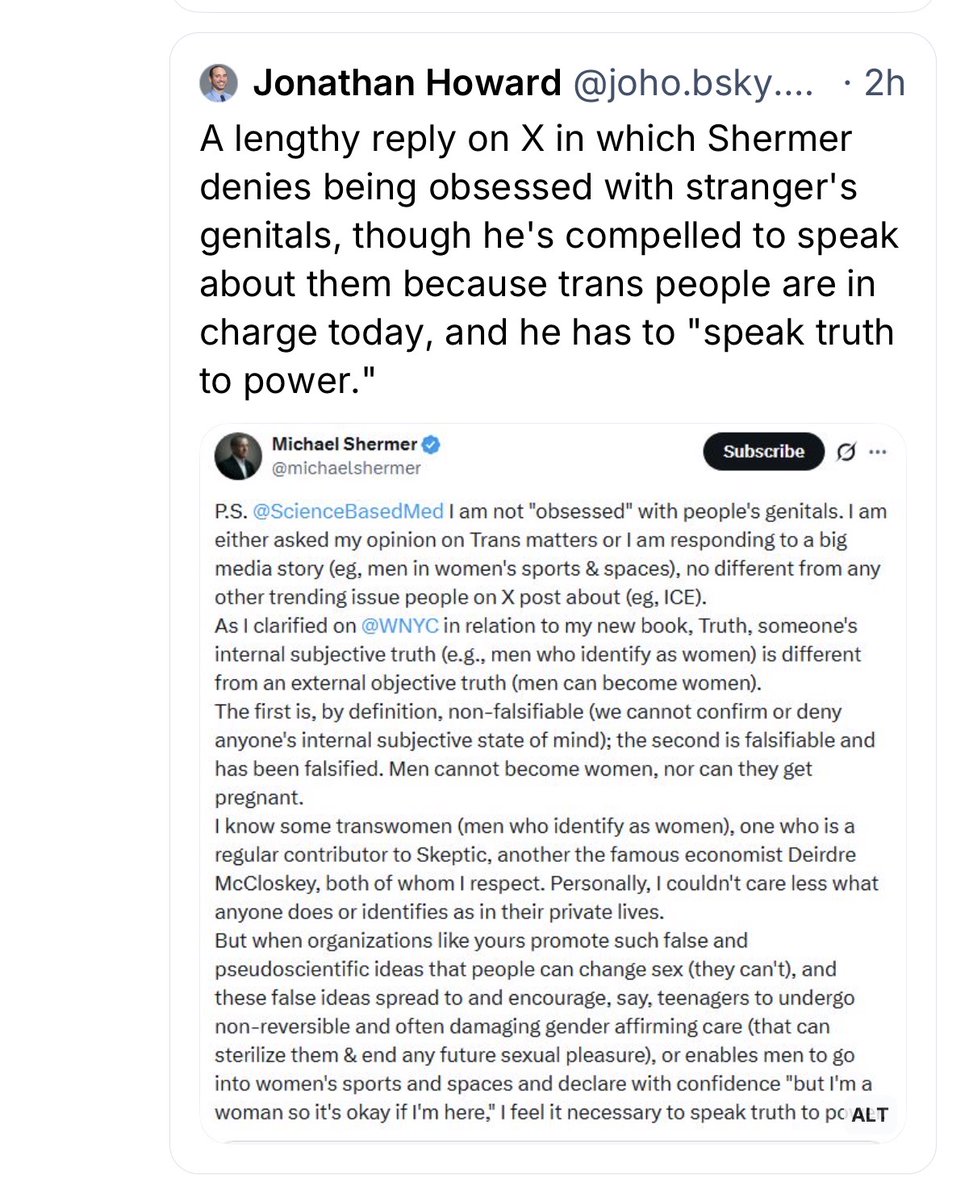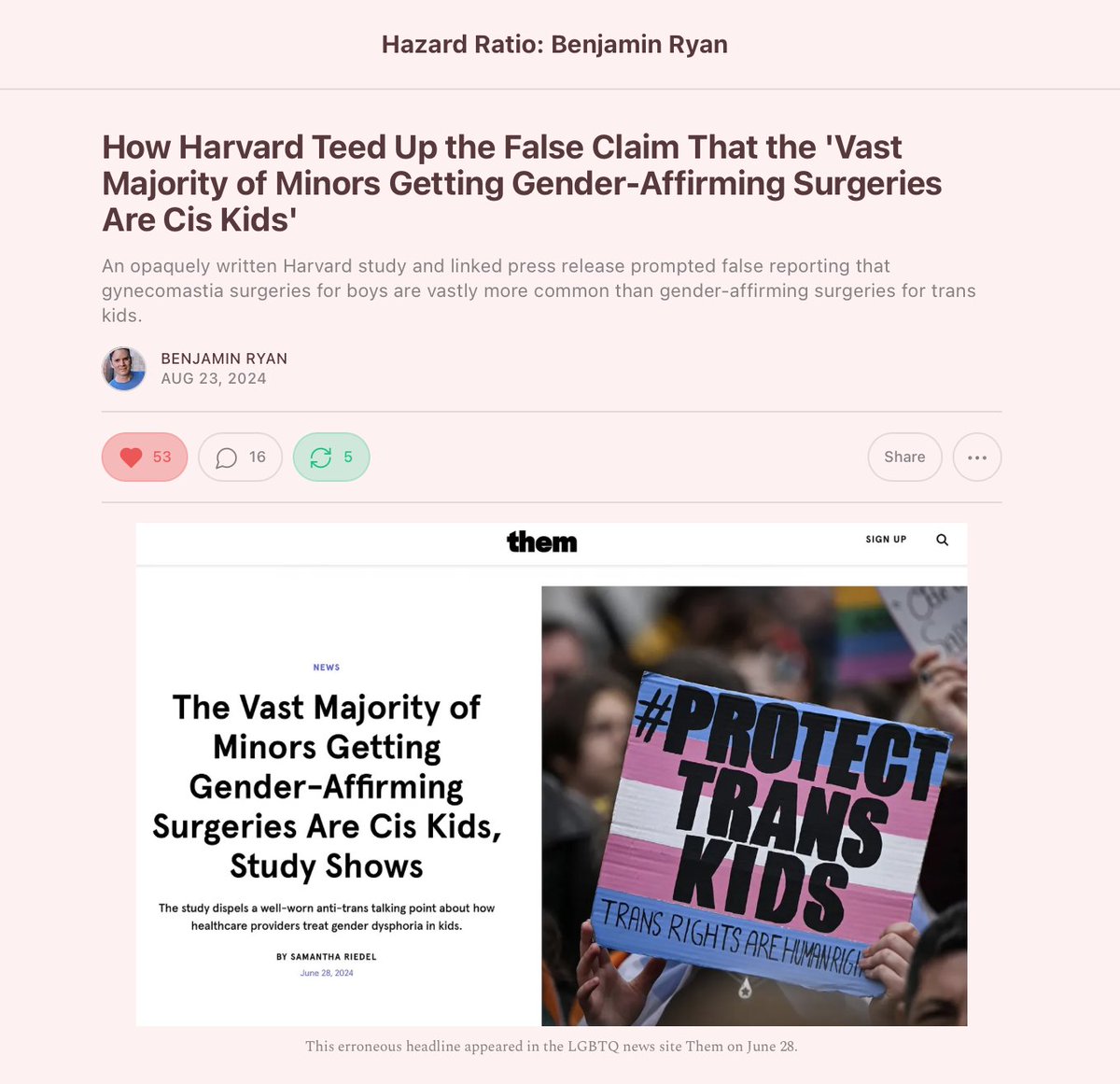🧵Minors cannot consent to receiving puberty blockers and cross-sex hormones, which pose the risk of rendering them infertile and with lifelong sexual dysfunction. They are too young to be able to predict their future fertility desires or even to know how an orgasm feels and to be able to weigh those future needs against their desire to treat their current gender dysphoria. Only their parents or guardians may consent on their behalf. Therefore adults must decide on behalf of children whether the presumed benefits of this treatment outweigh the risks, known and unknown. These decisions must be made even with an evidence base that can provide no clear conclusions as to the actual benefits of treatment, according to a half-dozen systematic literature reviews—the gold standard of scientific evidence. Also, the one study that directly assessed whether these treatments were tied to a difference in the suicide death rate found they were not. Therefore the claim that the treatments are a matter of life and death is not evidence-based. @KristopherWells makes such a claim despite being an academic who is well versed in evidence-based-medicine principles. @tylerblack32

Here is Marci Bowers, the president of @WPATH, describing how natal males with gender dysphoria who under go pubertal suppression and estrogen treatment have no sexual function whatsoever. This child was going in for a vaginoplasty and didn’t even know what an orgasm was. alabamaag.gov/wp-content/upl…

Tyler Black, however, says that “Parents do not have absolute rights” when their kid wants gender-transition treatment. He dismisses various qualms about such treatment, such as the fact that its efficacy is unknown. And he makes a false comparison to cancer care, neglecting to note that absent treatment, cancer is typically certifiably fatal; whereas the same cannot be said about pediatric gender dysphoria. There is considerable evidence, in fact, that most minors with GD will grow out of it. Also, cancer surgery, such as an orchiectomy (testicular cancer does occur in teenage boys), removes a part of the body that is diseased. Gender-transition surgery removes a healthy part of the body that might have been used for a specific purpose if left in place (eg: sexual reproduction, breastfeeding). Lastly, saying that “Parents do not have the right to do whatever they want to kids” is moot when parents are arguing *against* doing something to their child and *for* leaving their child’s body alone to experience its own endogenous puberty.

@wpath New Evidence Challenges Institutionalized Belief That Transgender Teens Become Transgender Adults, Undermining Core Defense of Medical Gender Transitions for Minors nysun.com/article/new-ev…
@wpath None of the examples that Black provides in this thread are fair comparisons to gender-transition treatment for minors. And yet he concludes the thread suggesting that he’s just proven that minors have the capacity to consent to such treatment. He absolutely has not.
https://twitter.com/tylerblack32/status/1846274588130660607
@TylerBlack32 is insinuating that either doctors or the state have the right to overrule parents who object to their child’s wish to undergo a gender-transition treatment. This poses the question of how these external authority figures can be certain they know better than the parents what is best for their child. Based on what research? We have established that the efficacy of this treatment remains unknown and that the known risks, saying nothing of the unknown risks, are severe. So how is this dynamic so exceptional that outside forces may be permitted to overrule the parents and put a child under a medical treatment that has very intense, irreversible, lifelong impacts?
Dr. @TylerBlack32's scenario in which parents' refusal to consent to gender-transition treatment for children is overruled by an outside authority is, in fact, supported by the American Academy of Pediatrics. After acknowledging what Dr. Black does not, that parental or guardian consent is required for such treatment, the @AmerAcadPeds then strongly suggests that pediatricians should look into having the state seize control of the child in question if the parents refuse to consent to a medical gender transition.
This screen shot is from the AAP's 2018 policy statement on gender-affirming care, which is thus far the subject of a detransitioner lawsuit and will likely soon be the subject of a lawsuit from Republican attorneys general, who suggested in a recent letter to the AAP that it violates consumer protection laws. publications.aap.org/pediatrics/art…
This screen shot is from the AAP's 2018 policy statement on gender-affirming care, which is thus far the subject of a detransitioner lawsuit and will likely soon be the subject of a lawsuit from Republican attorneys general, who suggested in a recent letter to the AAP that it violates consumer protection laws. publications.aap.org/pediatrics/art…

@tylerblack32 WPATH President Marci Bowers acknowledges that gender transition treatment can destroy the capacity for natal males to have an orgasm. @tylerblack32 insists that parents cannot always be trusted should they deny consent for such treatment.
• • •
Missing some Tweet in this thread? You can try to
force a refresh


